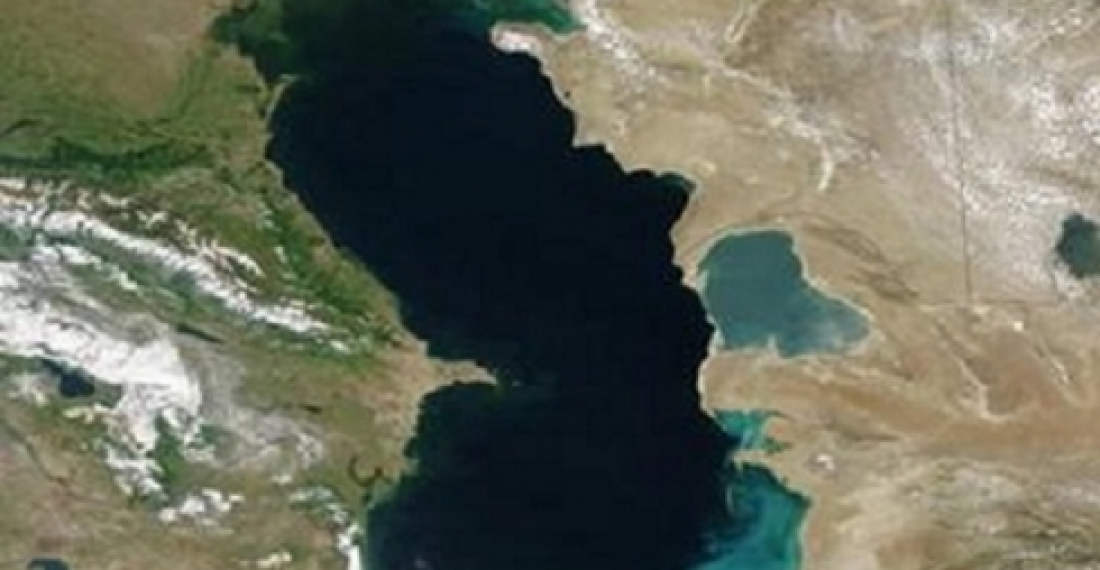The President of Azerbaijan Ilham Aliyev has blamed an international consortium led by BP for the sharp decline in oil output on the Azeri and Chirag fields in the Azerbaijani sector of the Caspian Sea.
Speaking at a session of the Cabinet of Ministers of Azerbaijan that was considering the results of socioeconomic development of the country over the first nine months of this year the President said that the consortium does not fulfill its forecasts on oil production, adding that the decrease in production started after 2008 when in line with the contract, the volumes of distributed revenues from oil production changed in Azerbaijan’s favor and became 75 to 25. Thus, according to Ilham Aliyev, the output forecast in 2009 was 46,800,000 tonnes, while in fact only 40,300,000 tonnes were produced. In turn, the forecast in 2010 was 42,100,000 tonnes, while the actual production volume was 40,600,000 tonnes. A similar situation was observed in 2011: 40,200,000 tonnes were predicted and the real production made was just 36,000,000 tonnes. According to the President, 33,000,000 tonnes will be producted in 2012 whilst the forecast was 35,600,000 tonnes.
According to President Aliyev, Azerbaijan did not receive the revenues it was expoecting. At the same time the Azerbaijani leader recalled that whilst investing $28,700,000,000 to the fields development, the consortium has already received a revenue of $73bn.
“The promises and forecasts must be fulfilled”, Aliev said, blaming BP of mistakes. Aliev said that BP had promised to rectify its mistakes and dismiss the employees responsible for them but these promises had not been fulfilled. The president said that the Azerbaijani Oil Company SOCAR has already been given instruction to raise this issue officially and take necessary measures. “Series measures will be taken”, Aliev said.
Commonspace.eu political editor said that this is the first time the Azerbaijani leader has publicly criticised BP which has been Azerbaijan's strategic partner in developing its energy resources over the last two decades. It is not yet clear if this is the end of a love affair, but certainly the language used by Aliev is tough and indicate a serious dispute is going on.
source: commonspace.eu
photo: Aerial map of the Caspian Sea.







